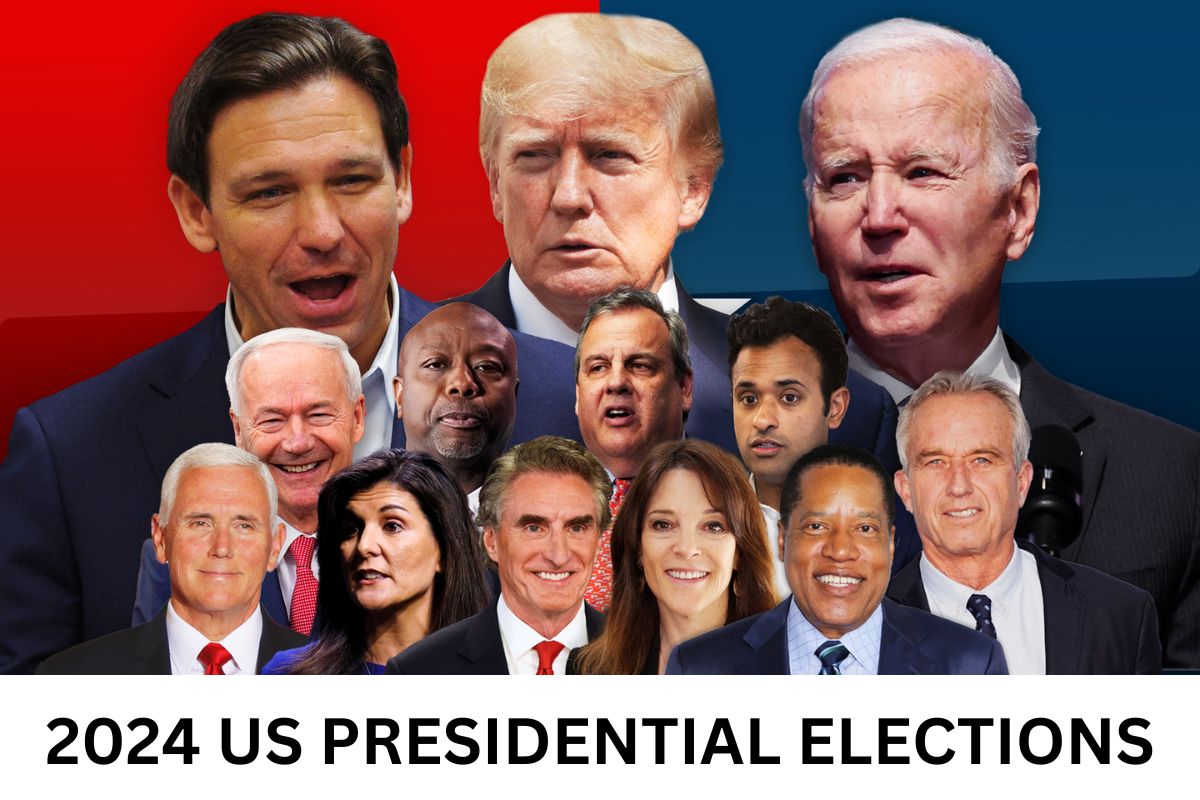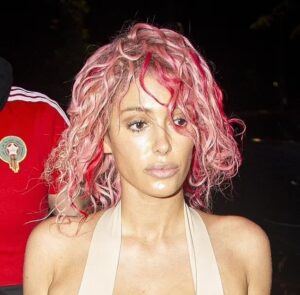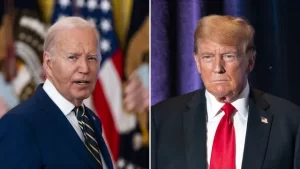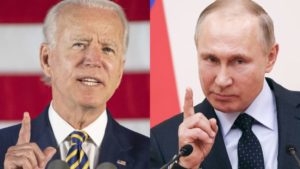The 2024 presidential primaries are just months away, and the race for the White House is heating up as the first candidates leave the race, and President Biden gets new competition.
Former President Trump became the first candidate to jump into the contest when he announced in November that he would seek to reclaim his old job. Trump’s former Ambassador to the United Nations Nikki Haley challenged her one-time boss three months later, underscoring a growing willingness within the GOP to confront Trump.
Florida Gov. Ron DeSantis (R), Sen. Tim Scott (R-S.C.), conservative entrepreneur Vivek Ramaswamy and former Arkansas Gov. Asa Hutchinson have also joined the race. Former Vice President Mike Pence, former New Jersey Gov. Chris Christie and North Dakota Gov. Doug Burgum, round out the nine candidates still competing for the GOP nomination.
Trump remains the frontrunner, increasing his lead over DeSantis since the beginning of the campaign.
The Democratic field includes President Biden and two long-shot candidates. Despite polls showing voters have concerns about his age, Biden announced in April that he was running for four more years to “finish the job.”
Democrats Joe Biden

After last year’s midterm elections, Biden said that he “intended” to seek another term, and he followed through in a three-minute video posted on his Twitter account, telling viewers that “this is not a time to be complacent.”
But Biden seems to be facing at least some skepticism from Democrats. Polling has consistently shown that many Democrats and voters overall do not want Biden to run for reelection. But an overwhelming majority of Democrats said they would support Biden if he became the nominee.
Some have been concerned with polls that show the president neck-and-neck, or falling behind, Trump amid concerns over his age. The president also won’t be on the New Hampshire primary ballot due to controversy over Democratic Party primary scheduling, giving an opening for another candidate to take the Granite State early in the race.
Dean Phillips

Phillips is the newest candidate on the campaign trail, joining the race in late October after months of speculation over a Biden primary challenge. The Minnesota congressman filed his paperwork on the last possible day.
“I think President Biden has done a spectacular job for our country. But it’s not about the past,” Phillips said in a CBS News interview launching his campaign. “This is an election about the future.”
A moderate, Phillips has gone after Biden’s record on immigration policy and the economy, specifically inflation.
Biden advocates have downplayed the threat posed by the little-known congressman.
“The stakes are too high in this election – especially for Black voters,” said Atlanta Mayor Andre Dickens, who is on a Biden campaign advisory board, to focus on a “vanity project rather than what’s best for our party and our country.”
Marianne Williamson

Williamson became the first Democrat to launch a primary challenge to Biden when she formally announced her second bid for the White House on March 4.
Williamson, a self-help author, ran for president for the first time in 2020 but dropped out before the primaries began.
She said in an interview with “Good Morning New Hampshire” that Democratic voters can both appreciate Biden’s accomplishments and want to move on from him as the party and country’s leader.
She expressed optimism about her chances to win shortly before kicking off her run, noting in an online post that many did not expect Trump to win in 2016. But Williamson is a long shot to win the nomination.
Democratic strategists have said they do not view Williamson as a serious threat to Biden’s chances.
Williamson’s campaign has faltered since the launch, with multiple waves of significant senior staff turnover.
Independents Robert F. Kennedy, Jr.
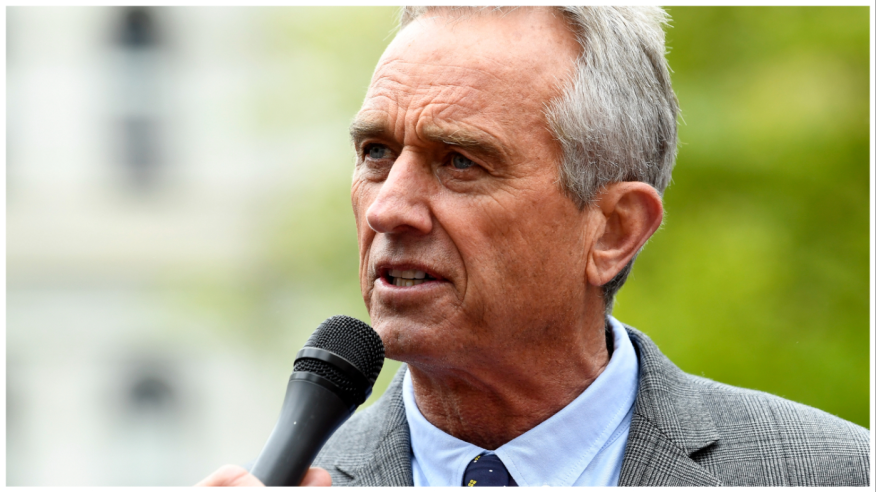
The nephew of former President John F. Kennedy and son of former Attorney General Robert Kennedy launched his run for the Democratic nomination on April 19. But he chose to change his path to the White House in October, launching an independent bid.
Kennedy has advocated for environmental causes throughout his life but has become mostly known as a prominent anti-vaccine activist. He founded a nonprofit organization called Children’s Health Defense that has promoted anti-vaccine stances.
He pushed back against a “corrupt merger of state and corporate power” seeking to “poison our children and our people with chemicals and pharmaceutical drugs” during his announcement.
Much of Kennedy’s campaign has been focused on government skepticism, specifically against the government response to COVID-19 and the COVID vaccine.
While Kennedy is not considered a threat to win the presidency, an independent campaign could significantly impact the election’s outcome. Early polling has shown that Kennedy could draw more votes from Trump supporters than Biden supporters, tipping the scales towards the president.
Cornel West

West, a prominent progressive academic, jumped into the presidential race with a People’s Party bid in June. However, he quickly changed affiliation to the Green Party and later to a non-party independent campaign.
“I enter in the quest for truth, I enter in the quest for justice, and the presidency is just one vehicle to pursue that truth and justice — what I’ve been trying to do all of my life,” he said at his campaign announcement.
He explained his third party choice, claiming “neither political party wants to tell the truth about Wall Street, about Ukraine, about the Pentagon, about big tech.”
The campaign has concerned some progressives, worried that he could pull votes away from Biden.
The Biden campaign has effectively ignored West’s challenge.
Republicans Donald Trump

Trump launched his third bid for the White House just a week after the 2022 midterm elections, making him the first major candidate out of the gate.
His campaign got off to a relatively sleepy start. Trump didn’t make his first true campaign swings until late January, when he stopped in New Hampshire and South Carolina, two early primary states that handed Trump some of his first wins in the 2016 nominating contest.
Trump remains the de-facto frontrunner in the primary race, taking a large lead over DeSantis in polling.
He’s abstained from head-to-head battles with other candidates, claiming that the entire primary process is unnecessary. Trump chose not to attend the race’s first two primary debates, and is expected to skip the third.
Much of his campaign has focused on the former president’s legal troubles. He has spent much of the campaign in and out of courtrooms, between new indictments in Washington and Georgia and multiple civil trials in New York City.
